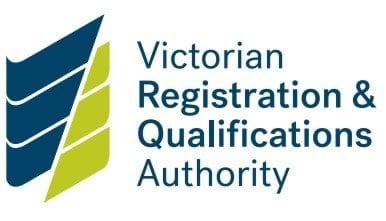About the Standard
Children and young people are empowered about their rights, participate in decisions affecting them and are taken seriously.
Abuse occurs in settings where children feel they can’t speak up. Educating children about their rights and empowering them to speak up helps reduce the risk of abuse. This Standard requires non-school providers to create a culture that:
- informs children about their rights to safety, information and participation
- provides children with access to sexual abuse prevention programs in an age-appropriate way
- values and promotes student participation
- recognises the importance of friendships and peer support
- equips staff and volunteers to identify and act against signs of abuse and harm.
How to comply
A non-school provider must ensure that they:
- provide staff and volunteers with training to recognise and be attuned to signs of harm to children
- provide children with sexual abuse prevention programs and other relevant information in an age-appropriate way
- inform students about their rights including to safety, information and participation
- provide opportunities for students to have a voice in decisions affecting them
- are responsive to children's feedback.
Examples of compliance
A non-school provider complying with this Standard may:
- provide child-appropriate and accessible information to students about:
- what child abuse is
- appropriate adult behaviour
- how they can raise concerns about abuse or make a complaint (ensure these processes and procedures are child friendly)
- any support services (for example counselling, access to youth workers or other services)
- provide information in a way children can understand through:
- welcome packs
- curriculum
- information sessions
- posters
- website
- newsletters
- provide opportunities for students to express their views and participate in decision affecting them by holding forums or providing opportunities for students to provide feedback on policies and procedures or the provider’s practices relating to child safety
- train staff and volunteers to help them understand, recognise and act on signs of child abuse or harm
- ensure the leadership team and staff take student concerns seriously.
A non-school provider can show the importance of friendships and peer support by:
- discussing healthy boundaries for friendships
- offering buddying or mentoring programs for new students
- providing support to children who may feel isolated.
Updated


